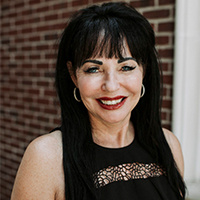 Shields Felony Lawyers, North Dakota
Shields Felony Lawyers, North Dakota
Not enough matches for Shields Felony lawyer.
Below are all Shields Criminal lawyers.
Sponsored Lawyers
1-3 of 3 matches
Family Law, Juvenile Law, Estate, Divorce & Family Law, Lawsuit & Dispute
A native of Bismarck, North Dakota, Theresa Kellington graduated from San Diego State University in 1989 with a degree in Criminal Justice Administration. Theresa continued on to the University of the Pacific – McGeorge School of Law, where she graduated with honors in 1992, passing the CA State Bar exam the first time. Upon graduation from law school, Theresa joined a law firm in California, where she opened a civil litigation department and worked for 3 years. After the birth of her daughter in 1995, Theresa moved back to Bismarck to be closer to her family. Soon after, Theresa began working with Pearce Durick and American Legal Services. In 2012, Theresa joined Dan Oster, and together they established Kellington & Oster, P.C. Theresa loves family involved cases, business planning, and estate planning. She states, “Working with family law can be stressful, but I love to feel like I’m doing something right.” As a pro bono attorney of the year in North Dakota, Theresa hopes to become a Judge in the future.
(more)




